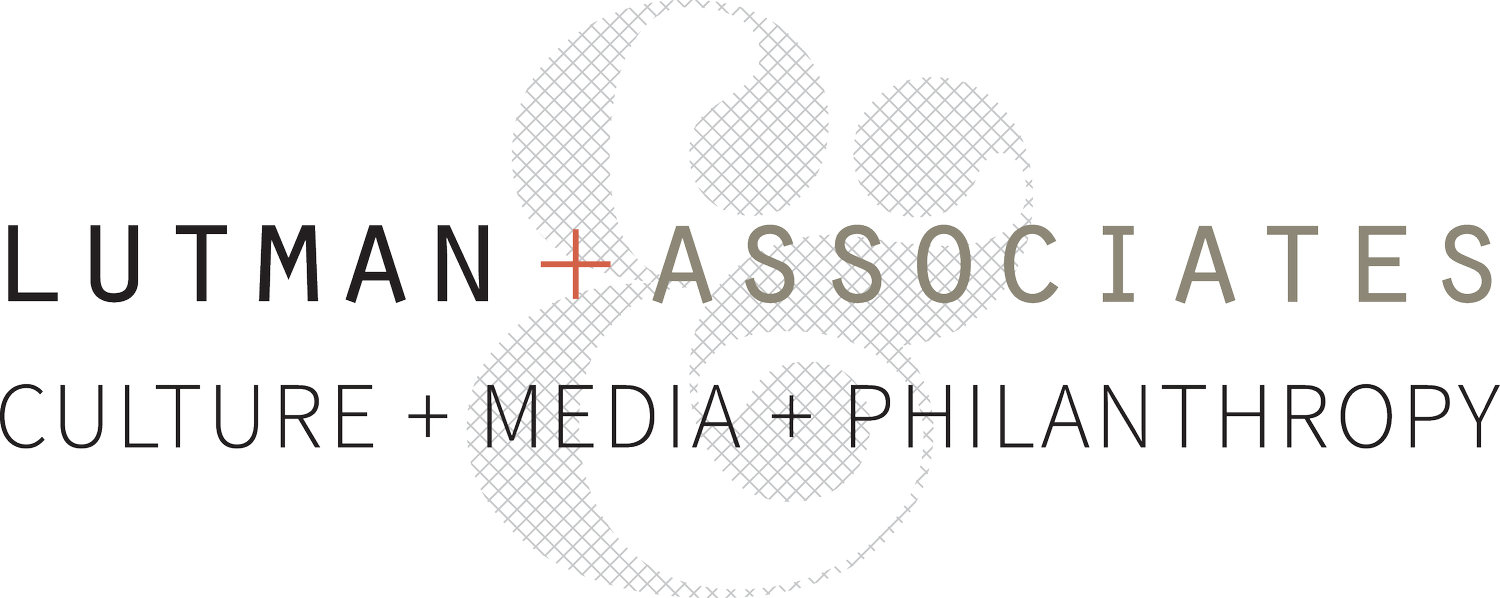A new survey examines how we define culture.
Culture Track is a national survey of cultural consumers’ attitudes, motivators and barriers to taking part in cultural experiences. In late November, the national road show to present the 2017 survey results made a stop in the Twin Cities.
The study’s principals offered their conclusions and insights, and a panel of local cultural leaders offered their reactions to the crowd of 170 assembled at the Minneapolis Institute of Art (Mia).
The survey, an initiative of national strategy firm LaPlaca Cohen first conducted in 2001, has two data sets. One follows key trends within a select set of cultural activities, remaining constant since the survey’s inception. The second tracks responses to updated questions that are future-focused and intended to help cultural institutions adapt to the evolving landscape. Together the data sets comprise some 4,000 respondents’ input. Demographic characteristics (age, gender, race) and geography closely mirror the U.S. population.
Culture Track ’17 delivers thought-provoking trends for nonprofit cultural institutions, but also for businesses engaged in offerings within the broad definition of “culture.” In fact, one of the key findings is that respondents have a vastly expanded definition of culture, “democratized even further [than prior studies], possibly to the point of extinction.”
Street fairs, food trucks and rock music festivals have taken their places next to traditional European-based art forms, including opera, symphony concerts, ballet and art museums, that are among the “cultural experiences” audiences are seeking out.
The authors go further: “The very audiences that are breaking down the definition of culture are also helping to rebuild a new one.” Audiences describe culture as “any activity that makes you feel anything and question what you already know; bringing people who may not think they have much in common together; and broadening horizons, understanding life situations and helping me learn about other peoples in the world.” What they’re not saying? That “culture” is equivalent to a high art form in the European tradition.
